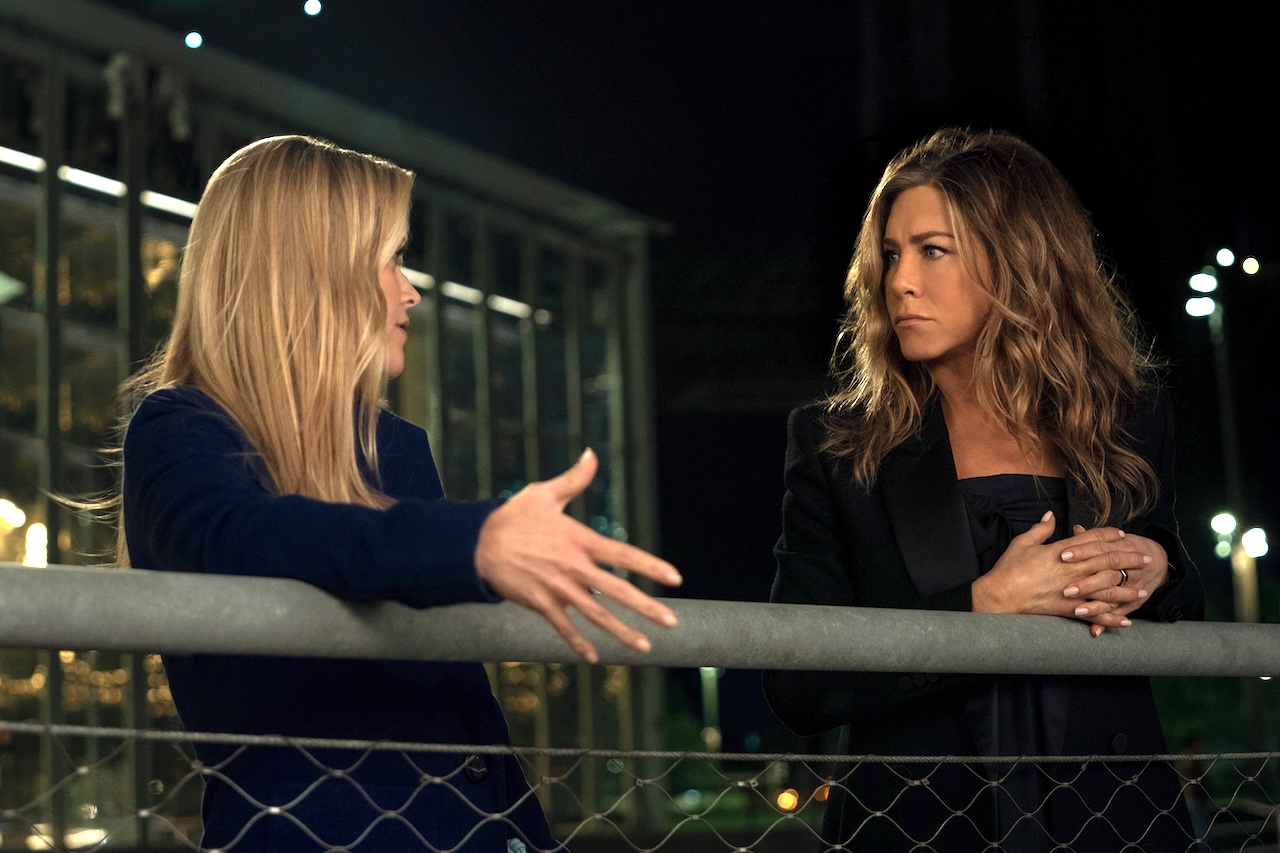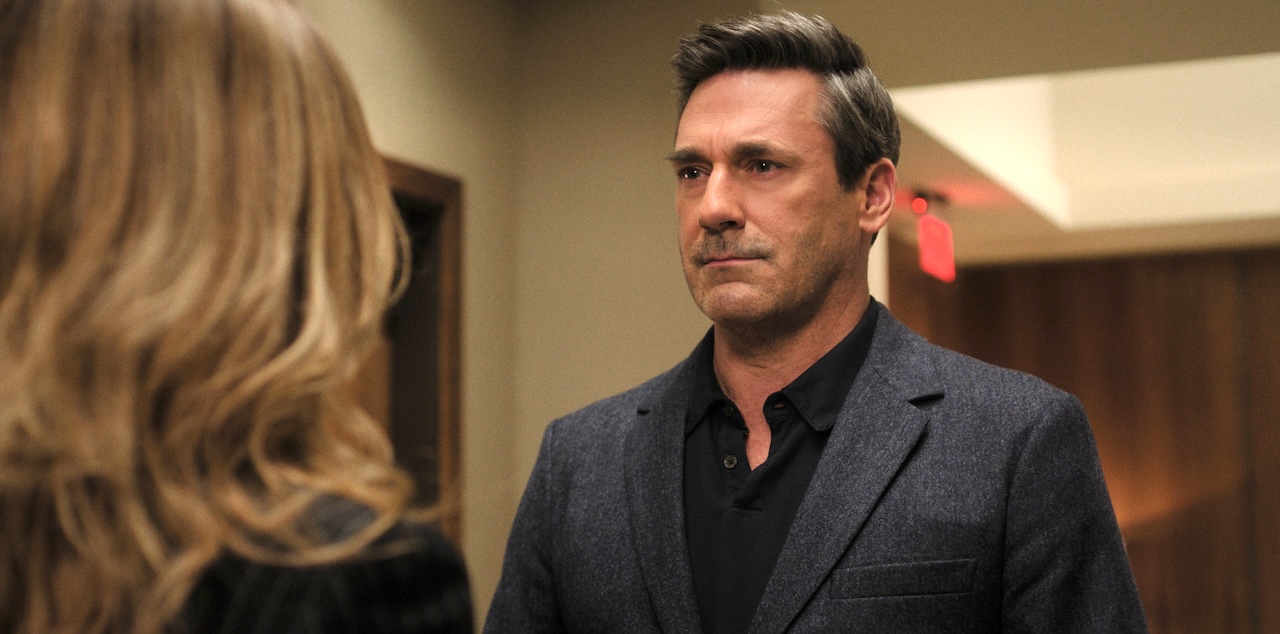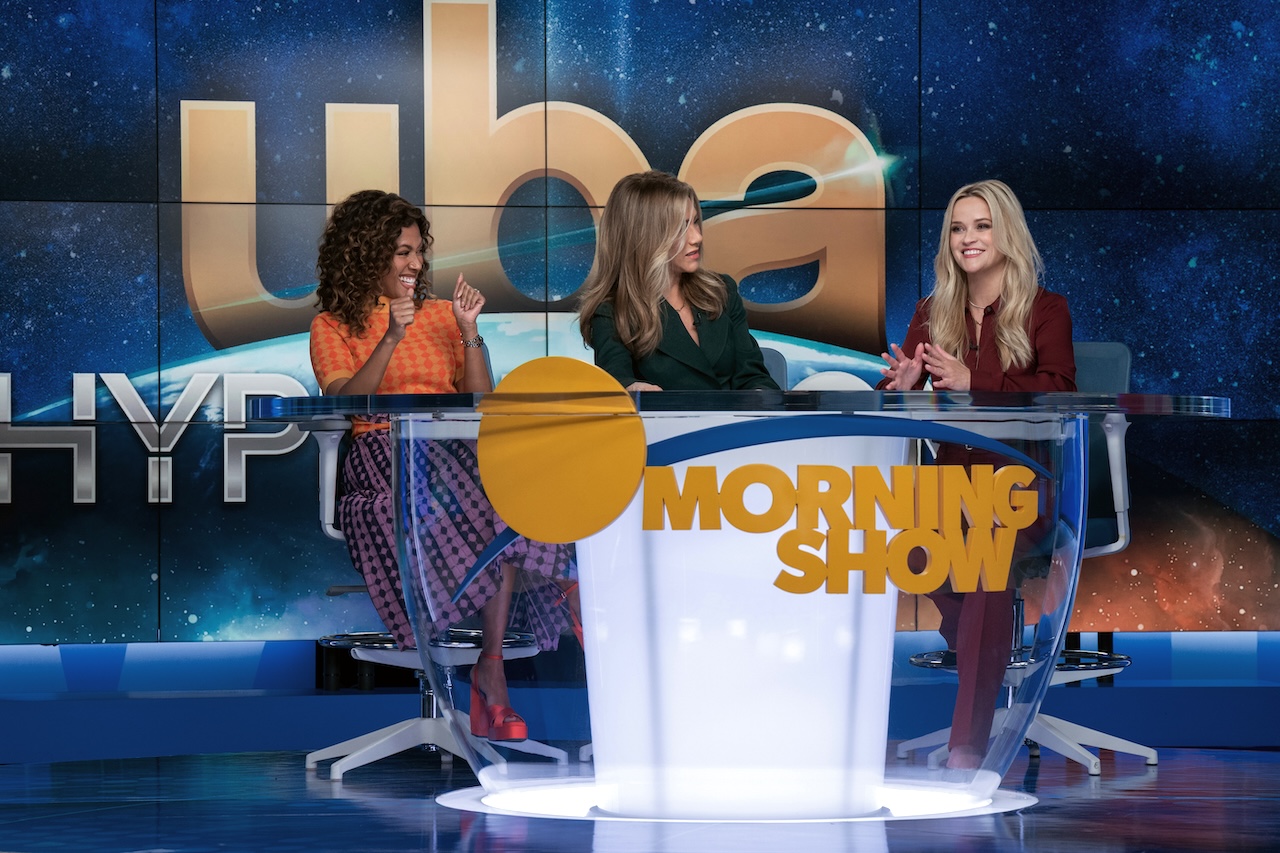In high school, Bill Kennedy got a job making copies at a law firm. Back then, he pictured himself taking the bar, buying a collection of three-piece suits, and making a career as a lawyer. But, when he met someone a decade older (also making copies, but who was producing records at the time), this guy asked, “Dude, why would you want to do this? Why be a lawyer?” The beneficial challenger concluded, “Do you think the people here are happy?”
The realization sunk in to shift the trajectory of his career path. “In college, I started to explore a career in creative writing. I got really into it. I wrote some short stories and a novella. Moved out to LA and did the assistant thing for a long time, eventually becoming the writers’ room assistant on the first season of House of Cards.”
As an assistant, Kennedy would do anything from answering phones to scheduling meetings to reading scripts (he estimates he read over 1,500 scripts at this time). Most importantly though, he got to be a fly on the wall to learn the business from working in the business. “You see how the business works and develop your sense of taste.”
He also worked as Beau Willimon’s assistant, who wrote Andor and The Ides of March in addition to creating House of Cards. “That was an extremely formative experience for me. I got to pitch a lot in the room and got promoted to staff writer Season two.”
As a staff writer, Kennedy has credits for twenty-two episodes of House of Cards and more recently, became a staff writer for The Morning Show. The whole time, he’s also been staying up late, writing spec scripts at night. “Even at its most tortuous, it’s the best.”
Background Research
As a staff writer, Kennedy learned not just how to write, but how to be a writer. “You get a great sense of how to pitch a story, how to come up with a story, how to solve series problems, how to talk about character… really just the craft of making television.”
“On House of Cards, we had a great constitutional lawyer to talk to about what a constitutional crisis looks like. And, Brian Stelter, a long-time CNN personality was a producer on The Morning Show. The show is actually based on a book he wrote (Top of the Morning).”
“The way I think about the research is that the research is the setting, not the story, and the story is fueled by the characters and their relationships, and their opposing wants and needs. When these people want to butt heads, the research tells you the various ways they could butt heads. But the research doesn’t lead the storytelling.”

(Bradley Jackson) Reese Witherspoon & (Alex Levy) Jennifer Aniston. Photo courtesy of Apple TV+
“If you’re doing something based on a true story, the research leads the storytelling a little more, but that’s not the goal.” In addition, on a show like The Morning Show, that was in the wave and subject matter of #MeToo, ongoing headlines also laid out potential plot points. “I can’t speak to Season 1 and 2; I only worked on 3. The #metoo movement was happening in a big way and it became obvious we couldn’t talk about a show and the media without talking about these huge issues. But it’s inspiration, not story.”
The Morning Show
For Season 3, Jon Hamm (Mad Men, The Town) joined the cast as Paul Marks, who has elsewhere been described as an “Elon Musk-like character.” With Steven Carell’s (The Office, The Big Short) arc over, the writers had the challenge to somewhat rethink the show.
“I think a lot of shows start with a big problem. And, you have to solve that big problem in one to two seasons, otherwise the audience gets irritated. In The Morning Show, the problem was the Steve Carell character and everything that happened with him. In Mad Men, it was Don Draper’s secret identity. You have to get to the end of these problems or else you’re treading water.”
“But then it’s about, what do you do next? It’s about identifying that the characters are stuck in this purgatory. For The Morning Show, Bradley needs Alex and Alex needs Bradley, but they’re also so different. Alex (Jennifer Aniston) is this political animal and Bradley (Reese Witherspoon) is a truth teller.”
The writers chose to thematically flip these singular character traits on their heads. “Bradley became the liar in Season 3. She was the truth teller, but we inverted that character. Alex starts pursuing something that is truly genuine, but will hurt her career. It’s about identifying who the characters are and how you can continually put them in a place where they’re challenged in a way that’s novel but also the same.”

Paul Marks (Jon Hamm) Photo courtesy of Apple TV+
These big picture plot points are often covered in the writers’ room, but when it’s time to write an individual episode the staff writers have some room to allow for main characters to grow in each episode. “Our showrunner Charlotte Stroud (Homeland) really trusts people with their episodes, so there’s individual work with her guiding you. But the broad ideas are served by the writers’ room. It’s collaborative but also individual. You do have to go off and find some magic by yourself.”
Writing for Movie Stars
“There’s a ton of pressure to write for movie stars. People who had done such great work. I think a lot of it is collaborative. When a star is at that level too, they know what they like and what works for them. They [often] know if the performance is going to work or not work from the script.”
Kennedy continues, “There are a lot of moving pieces that help grease all these wheels. Jennifer Aniston and Reese Witherspoon have excellent producers who work on the show and know what Jennifer or Reese wants to explore this season.” All in all, Kennedy feels a certain “exhilaration” from his work.
“Whether you’re an assistant or a staff writer, it’s all about cultivating relationships with other writers in the room. The temptation for writers is to shut the door and be an introvert, but finding people who are willing to mentor you at the mid-level and upper level, is extremely useful.”
As far as speaking with mentors, the screenwriter says it’s certainly not something to rush, especially asking for someone to read something. “If it’s a writer you admire, ask them about their work. Be curious. It’s very flattering. Get to know them as an artist. Writers don’t get asked those types of questions. It shows a real curiosity about the craft.”
Between TV jobs, Kennedy is always working on a movie. “Always, always working on a movie. For me, my feature business is not as monetarily valuable, so I think of it as a loss leader, but it’s the type of feature I know I’m going to want to write early in the morning or after work.”
“My goal is for it to be something everybody is interested in reading. You never know what’s going to sell in this business. With a spec, it has to be something I feel I can do better than anybody else and something I really want to do because it’s exciting.”
This interview has been condensed. Listen to the full audio version here.

